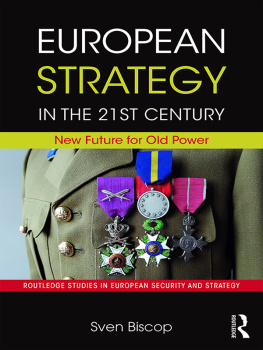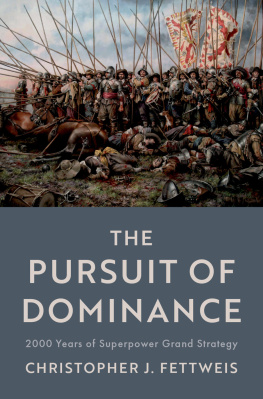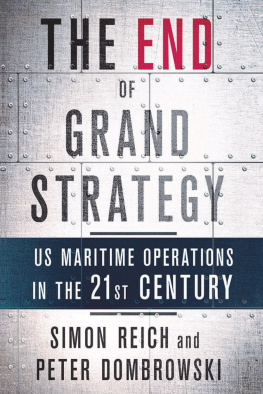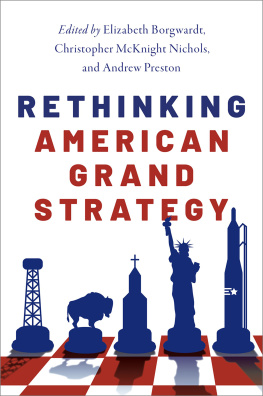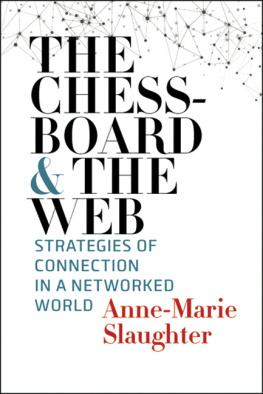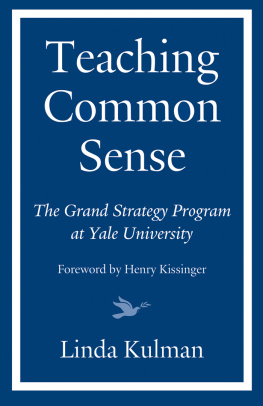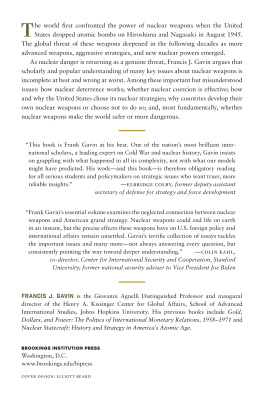
The Grand Strategies of Great Powers
What is grand strategy and what is it good for? What are great powers, and which states are great powers today? What are the grand strategies available to great powers? What are the conditions under which a certain strategy is suitable and when should it be rejected? What are the factors affecting the success or failure of a given grand strategy? The present volume provides answers to these questions by introducing a typology of great power grand strategies, as strategies of rising, status quo, and declining powers, as well as through historical illustrations of each type. The reader is thus exposed to strategies such as divide and conquer, biding your time, opportunity strike, primacy, semi-detachment, concert, and appeasement through the experiences of leaders such as Bismarck, Peter the Great, Metternich, Deng Xiaoping, Neville Chamberlain, and Stalin. This analysis is then brought to bear on present developments in the grand strategies of the United States, China, and Russia. The volume should be of interest to both the academic and foreign policy-making communities, and in particular to students of international relations, diplomacy, history, and current international affairs.
Tudor A. Onea is Assistant Professor in the Department of International Relations of Bilkent University in Ankara, Turkey. He has been educated in Japan and Canada, has received his Ph.D. from Queens University in Kingston, and has pursued post-doctoral stages in the United States, Canada, and Singapore. He has written a previous book, US Foreign Policy in the Post-cold War: Restraint versus Assertiveness from George H.W. Bush to Barack Obama (2013) and has published in Review of International Studies , International Studies Review (forthcoming), European Journal of International Security , and International Relations .
Routledge Studies in Modern History
62 Union and Disunion in the Nineteenth Century
Edited by James Gregory and Daniel J. R. Grey
63 Intellectuals in the Latin Space during the Era of Fascism
Crossing Borders
Edited by Valeria Galimi and Annarita Gori
64 The Co-opting of Education by Extremist Factions
Professing Hate
Sarah Gendron
65 Alcohol Flows Across Cultures
Drinking Cultures in Transnational and Comparative Perspective
Edited by Waltraud Ernst
66 Red Money for the Global South
EastSouth Economic Relations in the Cold War
Max Trecker
67 In the Shadow of the Swastika
The Relationships Between Indian Radical Nationalism, Italian Fascism and Nazism
Marzia Casolari
68 Russia in Asia
Imaginations, Interactions, and Realities
Edited by Jane F. Hacking, Jeffrey S. Hardy, and Matthew P. Romaniello
69 The United Nations and Decolonization
Edited by Nicole Eggers, Jessica Lynne Pearson and Aurora Almada e Santos
70 The Grand Strategies of Great Powers
Tudor A. Onea
71 Ruler Personality Cults from Empires to Nation-States and Beyond
Edited by Kirill Postoutenko and Darin Stephanov
For a full list of titles, please visit: https://www.routledge.com/history/series/MODHIST
The Grand Strategies of Great Powers
Tudor A. Onea
First published 2021
by Routledge
2 Park Square, Milton Park, Abingdon, Oxon OX14 4RN
and by Routledge
52 Vanderbilt Avenue, New York, NY 10017
Routledge is an imprint of the Taylor & Francis Group, an informa business
2021 Tudor A. Onea
The right of Tudor A. Onea to be identified as author of this work has been asserted by him in accordance with sections 77 and 78 of the Copyright, Designs and Patents Act 1988.
All rights reserved. No part of this book may be reprinted or reproduced or utilised in any form or by any electronic, mechanical, or other means, now known or hereafter invented, including photocopying and recording, or in any information storage or retrieval system, without permission in writing from the publishers.
Trademark notice : Product or corporate names may be trademarks or registered trademarks, and are used only for identification and explanation without intent to infringe.
British Library Cataloguing-in-Publication Data
A catalogue record for this book is available from the British Library
Library of Congress Cataloging-in-Publication Data
Names: Onea, Tudor A., 1975- author.
Title: The Grand Strategies of Great Powers / Tudor A. Onea.Description: London; New York, NY: Routledge/Taylor & Francis Group, 2021. | Series: Routledge studies in modern history | Includes bibliographical references and index.
Identifiers: LCCN 2020014240 (print) | LCCN 2020014241 (ebook) | ISBN 9781138287181 (hardback) | ISBN 9781315268378 (ebook)
Subjects: LCSH: Strategy. | Great powersHistory. | International relations. | World politics.
Classification: LCC U162 .O527 2021 (print) | LCC U162 (ebook) | DDC 327.1dc23
LC record available at https://lccn.loc.gov/2020014240
LC ebook record available at https://lccn.loc.gov/2020014241
ISBN: 978-1-138-28718-1 (hbk)
ISBN: 978-1-315-26837-8 (ebk)
Typeset in Times
by Deanta Global Publishing Services, Chennai, India
Contents
So let me now give praise to great women and men, and, in so doing, also to better scholars than I could ever hope to be, without whose help and guidance this book would have never happened. I would like in particular to express my gratitude for advice, mentorship, and friendship to Richard Ned Lebow, William Wohlforth, and Jack Levy, who got me interested in the field of grand strategy in the first place, and whose scholarship and whose example as serious scholars are and will always be an inspiration to me. Valuable suggestions and comments have been offered at different stages of this project, some even before it coagulated into an investigation of grand strategy, by Benjamin Valentino, Stephen Brooks, Deborah Larson, Janice Bially Mattern, Christopher Layne, John Schuessler, and Ted Hopf. I also want to take this opportunity to thank my colleagues and friends at Bilkent University for their constant encouragement and support, and for providing the best working environment I could have wished for. My utmost thanks to Berk Esen and Seckin Kostem, and also to Dimitris Tsarouhas, Eliza Gheorghe, Sam Hirst, Onur Isci, Ersel Aydanli, Caglar Kurc, and Tugba von Zu Bayar. I want to give particular credit and recognition to Erinc Yeldan, a stand-up person and outstanding Dean and friend. One cannot ever fully repay ones teachers, but in a small measure by paying it forward in ones own teaching. All the same, my thanks and appreciation should go to, in the order of my meeting them, Ion Mitran, Harald Kleinschmidt, and David Haglund.
Valuable research assistance has been offered for this project at Bilkent by a variety of students. I would like to thank Selim Yavuz, Selin Sahin, Yagmur Aytekin, Yusuf Yilmaz, Ahmet Sozen, Bilal Saglam, and Burak Yilmaz for their able efforts. I owe a very large debt of gratitude to my students at Bilkent: many, perhaps, the best insights of this book have arisen out of our courses and seminars.
There were timesmany of themwhen I thought that this second book of mine would never be written. As anyone who has faced the rough waters of the post-recession academic job market may attest, this is a contest of patience and motivation, which in my case has taken me around the world, literally. It is very tempting when things turn bad, as they often do, to lay down and just give up. I want to thank my family for helping me keep the true course, especially my formidable mother, Anda Maxim. Since no words would do justice for what you did for me, I hope you will accept the book itself as a way of saying thank you instead. I know you appreciate books far more than journal articles: they have covers, so they must be serious scholarly endeavors weighed with authority.


